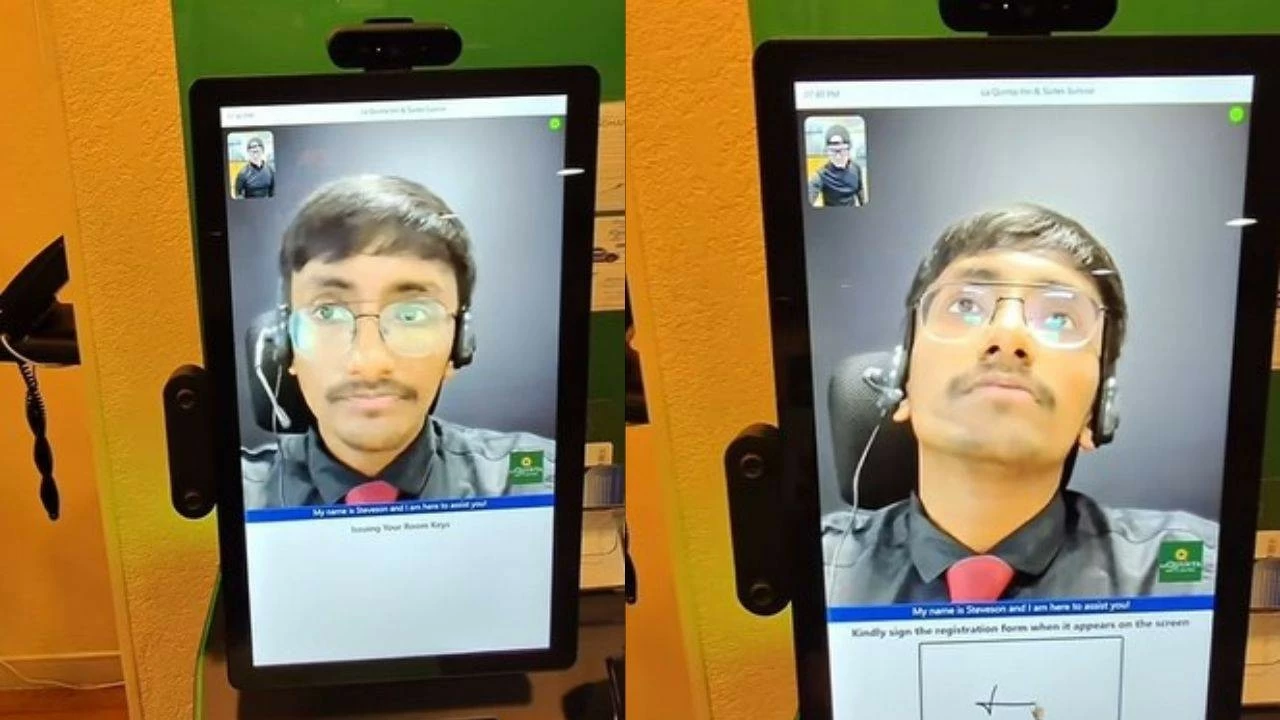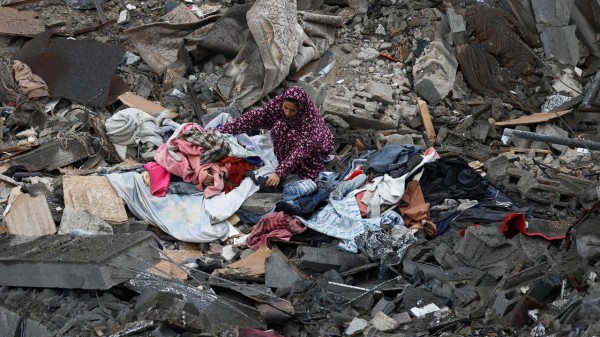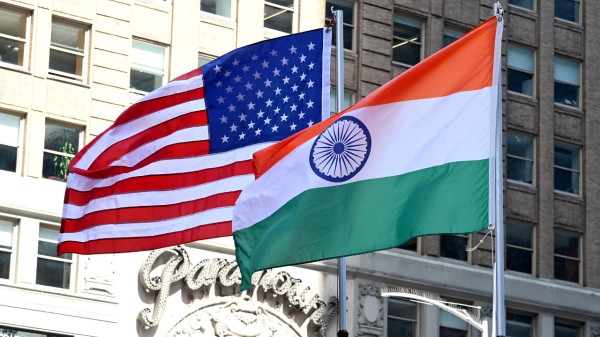

By signing in or creating an account, you agree with Associated Broadcasting Company's Terms & Conditions and Privacy Policy.


By signing in or creating an account, you agree with Associated Broadcasting Company's Terms & Conditions and Privacy Policy.

New Delhi: A video from a hotel in Florida, Miami, caused massive backlash on social media after it featured a virtual front desk receptionist from India. It looked like the hotel had outsourced the job to India. It caused anti-outsourcing sentiment. Many Americans criticised establishments that were cutting costs by outsourcing jobs to South Asian countries.
The clip was shared on Instagram and TikTok by a user named Pete Langs (@languageguy1). It showed Langs checking into a room with the help of something unconventional. A person who appeared on a screen helped the man navigate the check-in with ease. The man who appeared on the screen asked Lanhgs how many room keys he required. The man responded, "Two, just in case I lose one.” Subsequently, the virtual receptionist further explained check-in instructions and generated a registration form. The video was shared with the caption, "Miami virtual check-in at hotels!”
The clip miffed many, especially Americans. Though Langs did not indicate the virtual assistant was from India, many in the comments assumed that the person was from the continent based on the appearance and accent. As a result, they slammed employers who actively outsourced jobs to the South Asian continent.
One person commented, "Ridiculous!! They need to tariff these American companies for giving jobs away to another country." Another individual commented, "This is good because we need more cleaning staff to be paid better wages. The front desk is old style now."
Meanwhile, some discussed the loss of jobs due to the developments in technology, especially AI.
A third individual commented, "Driverless taxis, self-service kiosks without water, automated customer service centres and now even virtual receptionists at motels. Who knows which jobs will disappear next? It’s hard not to worry about the future our kids are walking into." Others spoke of how labour was cheaper in other countries than in the US.












